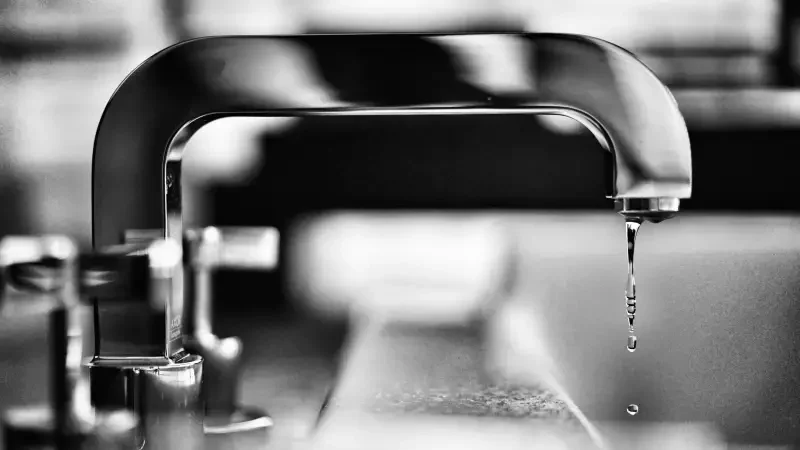Disclosure: This post may contain affiliate links, meaning we get a commission if you decide to make a purchase through our links, at no cost to you. Please read our disclosure for more info.
Any home’s essential component, plumbing distributes clean water and removes waste. We often overlook the significance of plumbing when it operates smoothly; however, neglecting routine maintenance can result in expensive repairs and inconvenience later on. In this article – a deep dive into regular plumbing maintenance importance: we argue why homeowners must prioritize this critical facet of home care.
In This Post:
Prevent Costly Repairs
Regular maintenance of plumbing systems: this proactive approach could be the key to preventing minor issues from snowballing into major, costly problems. Through consistent inspections–plumbers can detect potential challenges early on such as leaks; clogs or corrosion–and promptly address them before they worsen. Consider a small pipe leak for instance; if not attended to immediately, it could escalate into water damage and mold growth – thus attracting significant repair costs while introducing potential health hazards.
Ensure Optimal Functionality
Ensuring efficient functionality and providing homeowners with a reliable supply of clean water, plumbing systems benefit significantly from regular maintenance for effective wastewater removal. A plumber can inspect water heaters, pipes, faucets and fixtures during these visits to identify potential performance issues. Homeowners maintain optimal functionality by promptly addressing these concerns; this allows them to circumvent disruptions in their daily routines.
Extend the Lifespan of Plumbing Systems
Similar to all other systems within your domicile, plumbing mechanisms necessitate routine maintenance for optimal long-term operation. Homeowners can prolong the lifespan of their plumbing systems and circumvent premature replacements by promptly addressing wear and tear as well as attending to minor issues. For instance, flushing sediment from water heaters and replacing worn-out washers in faucets offer a longevity boost; they guarantee years of reliable performance.
Prevent Water Damage
Your home can fall victim to the havoc that water damage wreaks, resulting in structural harm, growth of mold and other costly problems. Engaging in regular maintenance of your plumbing system aids prevention by enabling you to identify and repair leaks as well as other sources of water intrusion. Homeowners who promptly address these issues not only protect their property but also sidestep the inconvenience and expense associated with restoring damages caused by water.
Promote Health and Safety
Homeowners and their families prioritize maintaining a healthy, safe living environment. To promote health and safety, they must perform regular plumbing maintenance: this guarantees the cleanliness of drinking water–free from contaminants-; furthermore, it ensures proper disposal of wastewater. Addressing issues such as leaks and mold growth is also essential; this preventive action can stave off health problems associated with poor indoor air quality or waterborne pathogens.
Environmental Benefits
In addition to its direct advantages, routine plumbing maintenance can yield environmental benefits: it curbs water waste and conserves resources. Homeowners who engage in this practice–by fixing leaks, installing water-saving fixtures, and repairing inefficient appliances–typically witness a reduction in their overall water consumption; consequently lowering utility bills is an added perk. Moreover; when issues like sewer line leaks receive necessary attention instead of being overlooked or postponed—they act as proactive measures that prevent groundwater contamination and safeguard the environment.
Promote Sustainability
Regular plumbing maintenance can promote sustainability by identifying opportunities to reduce water consumption and minimize environmental impact. Plumbers can recommend eco-friendly fixtures and appliances, such as low-flow toilets and energy-efficient water heaters, to help homeowners conserve water and energy. Additionally, addressing leaks and repairing faulty plumbing components can prevent wastage of precious resources, contributing to a more sustainable home and planet.
Conclusion
To safeguard their investment, secure the safety and health of their families, and foster environmental sustainability: homeowners must prioritize regular plumbing maintenance. The act of scheduling routine inspections–crucially addressing minor issues without delay–not only prevents costly repairs but also elongates the lifespan of plumbing systems; this ensures optimal functionality is maintained. While it may seem like a small expense at present, investing in continual upkeep provides invaluable peace-of-mind and long-term security.

